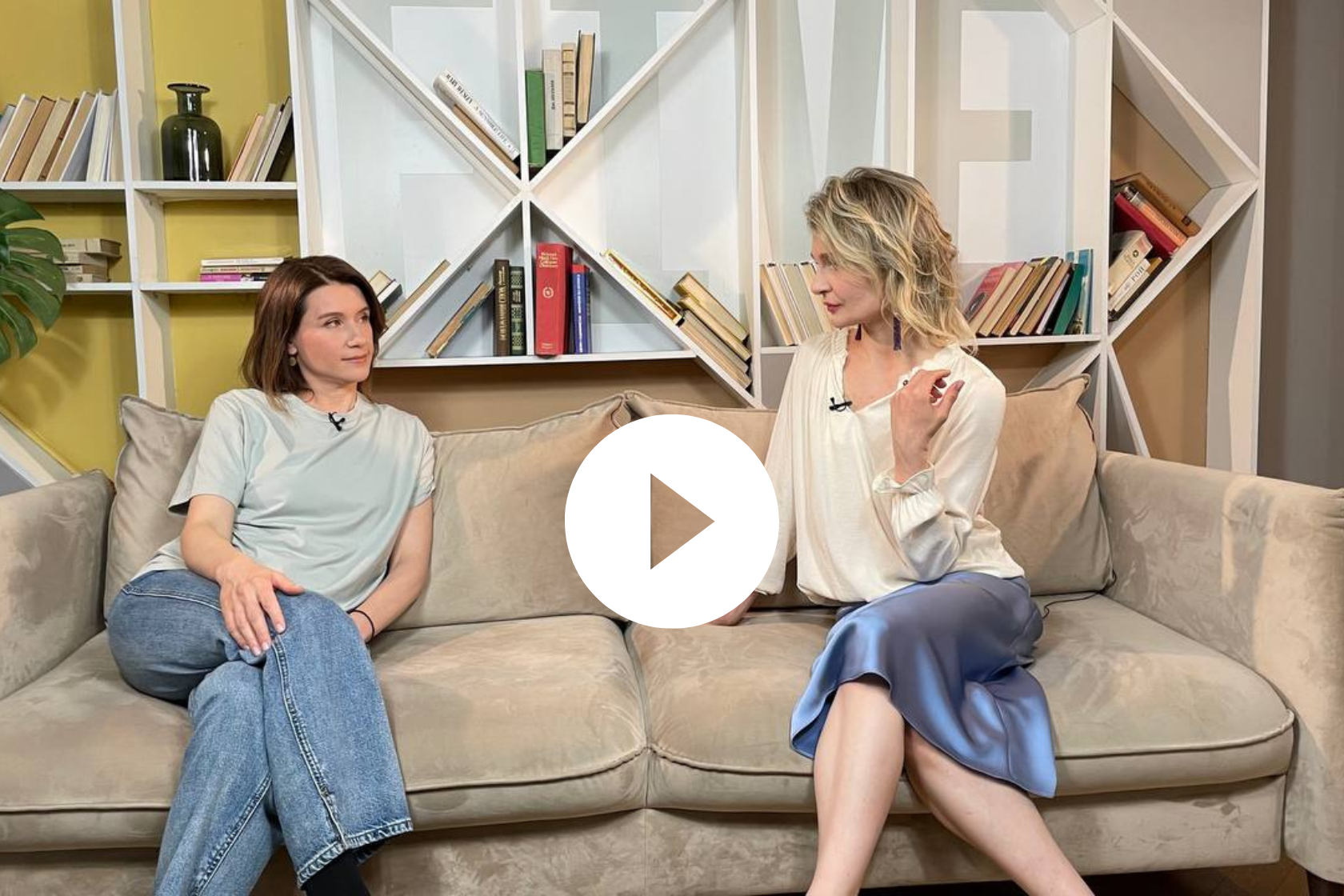 | | Too much or too little practice? | | How to find the sweet spot of productivity | |
| Hello Daring Learners, I'm sure you've heard this question before (probably even in your own head) - "How much time do I need to spend practicing?"Another version of this question is "How much time will I need to invest daily if I sign up for this course?"I'm sure you have received ether of these frustrating answers: - "Well, it depends...." (you ask for certainty, and they give none)
- "It will take you 20 min a day" (this ALWAYS turns out to be a lie!)
| |
| | So, how much time does meaningful practice really take? | |
| Let's take a sneak peek into my interview with Linda, a member of the Native-Like Fluency program. She says, "There's always this feeling that I should do more..." Can you relate? | |
|  | | The full interview with Linda will be released soon! | | | | | |
| | Most people believe that more is better. As a result, they feel guilty for not doing enough most of the time. | |
| | Here is how to stop this cycle of self-doubt and do LESS with MORE focus.
The methodology for achieving native-like fluency that I develop and teach makes it very clear that every exercise must be completed.
This way you can trust yourself that you have actually completed the work.
Most people don't know the completion criteria and rely on time instead. They come up with strange judgements that "Practicing for two hours is good", and "20 minutes are not enough."
In reality, there are exercises that take two hours, and there are exercises that take 20 min. There are people who have the time to learn English all day, and there are people who can't afford all day.
I like to have both "small" and "big" exercises in my practice routine. I vote for variety.
Let me show you some "small" exercises that you can complete in under 15 min and feel a clear improvement.
| |
| | How to stop spending too much time on improving your vocabulary | |
| |
When you read with a book, a blog post, or any other piece of text, you want to easily understand every word of it. People who say, "It doesn't matter if you don't understand some words. Simply keep reading. You'll eventually get the idea", give you advice on reading books in English, not on improving your vocabulary.
If the focus of your practice is "better vocabulary", the advice to ignore vocabulary is useless.
Here is what most people do:
They pick up a book, having no idea how much to read, when to stop, and what to do with confusing words.
They look up every word that they don't know and by the end of the page they feel exhausted and are convinced that they will never be able to read the entire book. Looking up words takes forever! What's more, all these words get immediately forgotten.
The conclusion that the brain makes is this: reading in English is pointless, frustrating, and takes forever.
The exercise is NEVER completed.
Try this instead:
Pick a book that you like or want to read. Put your finger on a random sentence in that book. Literally, close your eyes and do it! Read that random sentence out loud. One sentence might be enough for you.
If you feel like doing more and you like the sentence, consider reading a paragraph. If you don't have a lot of experience of reading out loud in English, don't read more than one paragraph because all you're going to achieve is internalize your unconscious mistakes. Instead, you want to apply conscious effort to achieve a clear improvement.
| |
| | Let's do it together. One Sentence: | |
| Here is one sentence from “Anxious People” by Fredrik Backman: “We pretend we’re normal, that we’re reasonably well educated, that we understand “amortization levels” and “inflation rates.”How to work with it: Step #1 Can you see words or phrases in this sentence that you understand without having to look them up in a dictionary but you never use them in your own conversations? You kind of know these words and what they mean....but you never say them out loud. For me, they would be: - "we're reasonably well educated" - I understand this, but I have never said it out loud before, and it would probably never cross my mind to say it if I didn't see it here. I'd say something like "We have good education"
- "inflation rates" - I understand it. I'd probably just say "inflation", and I do see that "inflation rates" works better in this context.
Do you see the phrases that YOU like and need, but never say... because you never pay attention to them? So many people are busy fishing out the new and fancy English words that they will never use. They ignore good opportunities to easily upgrade their speaking skills. Step #2Say these phrases out loud. Find them in Youglish. Listen to 10 examples of how native speakers use "inflation rates" in different contexts and repeat after them. Step #3Go back to the sentence. Read the sentence out loud 3 more times. You must SEE the situation, not just read the words correctly. | |
| I did it. Here are my results: - I spent less than 15 min on this exercise, which is great! I completed it
- I learned TWO good expressions. I remember them well because I repeated each at least 10 times (following youglish)
- Now I want to read this book!
What are your results? | |
| | Let's do it together. One Paragraph: | |
| Here is one paragraph from the same book (for those who are advanced) “This story is about a lot of things, but mostly about idiots. So it needs saying from the outset that it’s always very easy to declare that other people are idiots, but only if you forget how idiotically difficult being human is. Especially if you have other people you’re trying to be a reasonably good human being for." How to work with it: Step #1 is the same. Find the words that you understand but never use. Here is what I paid attention to: - "from the outset"
- "a reasonably good human"
I know both phrases, but I don't use them. The fun part here is that you can easily activate your passive vocabulary. There is no need to "learn" new words. Simply pay attention to the phrases that sound natural (compared to how you'd express the same idea) and immediately say them out loud. Step #2 and Step #3 would be the same as above. However, you'd have to read this paragraph with rhythm (that's the advanced part!) Let's look at results again:
- it took me 16 min to complete this exercise
- I have a clear result. You can listen to my reading here.
- I learned two cool phrases, and I remember them (I said each one about 10 times)
- I am starting to love this book!
| |
| | A rule of thumb: if you completed an exercise, you know what your result is. | |
| Moreover, the result must be tangible and specific. "I saw 15 new words on one page and remembered none of them the next day" is not the result that most people want. Yet, they keep doing what doesn't work, simply because this is all they know. If you try working with one sentence or one paragraph the way we did it here today, you will wake up with these two phrases on your mind. You will have to do little to no work to memorize them. They'll just stick with you. Go ahead and try it yourself! Make sure you remove distractions and spend 15 minutes only with that sentence or paragraph (sharp focus, remember?) P.S. In the next emails, I'll tell you my method for acquiring better vocabulary from video content.P.P.S. If you want more of such exercises, explore these two collections: You can access these as a community member. You also get professional feedback on your work. New members can join on June 5, 2023. Meanwhile, you can get on the waiting list of send your application on my website. | |
| | Check out the new exercises in the community of practice | |
| | Exercise #126 | | FOCUS: Listening. Understand Australian accent with the synchronization exercise
| | | |  | |
| | | | © Copyright 2023 Natalia Tokar | | | |
| |